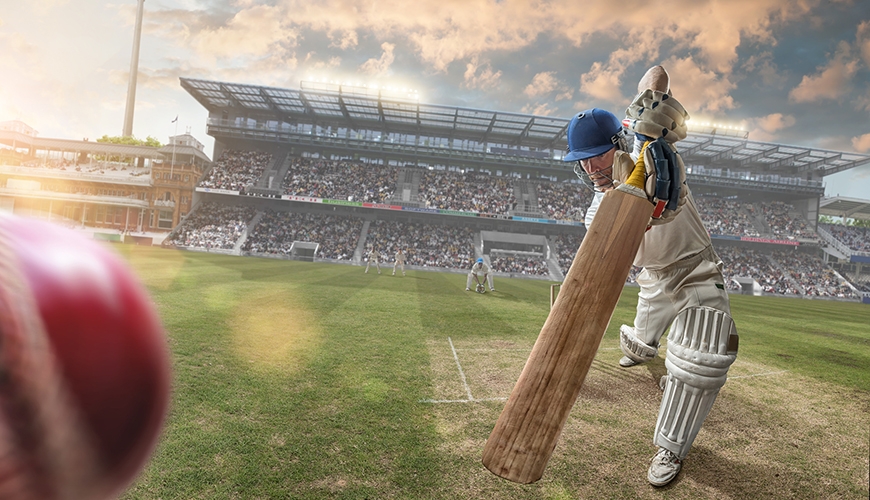New guidelines launched to promote the inclusion of transgender and gender diverse people in sport

Published:
Topic(s): LGBTIQ
Sport and human rights leaders are encouraging all Australians to “stand for inclusivity”, launching new guidelines that promote the inclusion of transgender and gender diverse people in sport.
National Guidelines for the inclusion of transgender and gender diverse people in sport were launched in Melbourne today. The Guidelines were developed by the Australian Human Rights Commission in partnership with Sport Australia and the Coalition of Major Professional and Participation Sports (COMPPS).
The Guidelines provide information on the Sex Discrimination Act 1984 (Cth) and guidance on creating and promoting inclusive environments in sport. Sport Australia CEO Kate Palmer said the simplest approach was to “put people first”.
“Sport must be safe and inclusive for all because every Australian has the fundamental right to enjoy the wonderful benefits of sport and physical activity,” Palmer said. “Sport Australia stands for inclusivity and we want every person in Australian sport to stand with us.
“Research tells us gender diverse people, particularly young people, want to engage more in sport and physical activity but often face or fear peer rejection. Let’s ensure sport is a welcoming place that helps. Let sport be an example for broader society, showing how we can positively influence community connections and a better future.
“It must take strong, proactive leadership to stand up against any attitudes or behaviours that lead to discrimination in sport, so I urge every sporting organisation to use this resource as a guide to make your sport more inclusive. But it’s not just up to our sport leaders, every single person involved in Australian sport can play an important part in being more inclusive.”
Sex Discrimination Commissioner Kate Jenkins said the Australian Human Rights Commission consulted with a broad range of sporting stakeholders, including transgender and gender diverse participants across a variety of sports and competition levels to develop the guidelines.
“Unfortunately transgender and gender diverse people are sometimes excluded from sport or experience discrimination and sexual harassment when they do participate,” Jenkins said.
“While some reported positive experiences of inclusion, others described how they had been excluded from the sports they loved because of their sex or gender identity. Some spoke of disengaging from sport during their transition journey because of their concern about how their team mates would treat them.
“I look forward to sporting organisations using these Guidelines to take steps to encourage the inclusion of transgender and gender diverse people in their sport.”
COMPPS represents some of Australia’s biggest sports, including 9 million participants and 16,000 clubs. COMPPS spokesperson Craig Tiley urged all sports to engage with the guidelines.
“We are proud to be involved in the development of these guidelines, but these are just words on pages until we, as sport leaders, implement them and bring them to life,” Tiley said.
“As custodians for our sports, we all need to embrace and promote the importance of diversity and inclusion so that sport better represents individuals, communities and Australia as a whole.”
Representing LGBTI sport charity, Proud 2 Play, outreach manager and sporting participant Bowie Stover says the Guidelines are a positive step towards the inclusion of transgender and gender diverse people in the wider sporting community.
“As a non-binary athlete and having worked with numerous sporting clubs and codes over the past few years, I've experienced first-hand the many positive outcomes that occur when clubs actively show support for their trans and gender diverse participants,” Stover said.
“It benefits not only the trans and gender diverse community involved as players, volunteers and spectators, but also helps the clubs and all sports as whole, in creating a diverse and safe sporting environment for everybody.
“I encourage sporting clubs and bodies to adopt these guidelines in order to help ensure trans and gender diverse inclusion in their sports is proactive and that everyone is supported when joining their clubs, regardless of their sex or gender identity.”
The Guidelines can be accessed at: humanrights.gov.au/our-work/lgbti/publications/guidelines-inclusion-transgender-and-gender-diverse-people-sport-2019
MEDIA CONTACTS
Sport Australia Chris Wilson 0407 135 280 or chris.wilson@sportaus.gov.au
Australian Human Rights Commission Amy Dale 0408 984 877 or amy.dale@humanrights.gov.au
COMPPS
Ricardo Piccioni (Football Federation Australia) 0401 107 146 or Ricardo.Piccioni@ffa.com.au
& Michael Earsman (Rugby Australia) 0438 350 580 or Michael.Earsman@rugby.com.au
ABOUT US
Sport Australia is the Australian Government’s lead agency for sport and physical activity. Our vision is for Australia to be the world’s most active sporting nation, known for its integrity, sporting success and world-leading sport industry.
The Australian Human Rights Commission is an independent statutory organisation, established by an act of Federal Parliament. It is Australia’s national human rights institution. We protect and promote human rights in Australia and internationally.
The Coalition of Major Professional and Participation Sports (COMPPS) comprises Australian Football league, Cricket Australia, Football Federation Australia, National Rugby League, Netball Australia, Rugby Australia and Tennis Australia. The role of COMPPS is to provide a collective response on behalf of its member sports where their interests are aligned.
